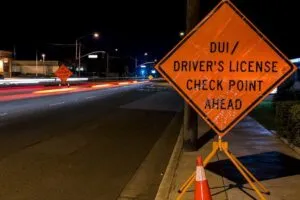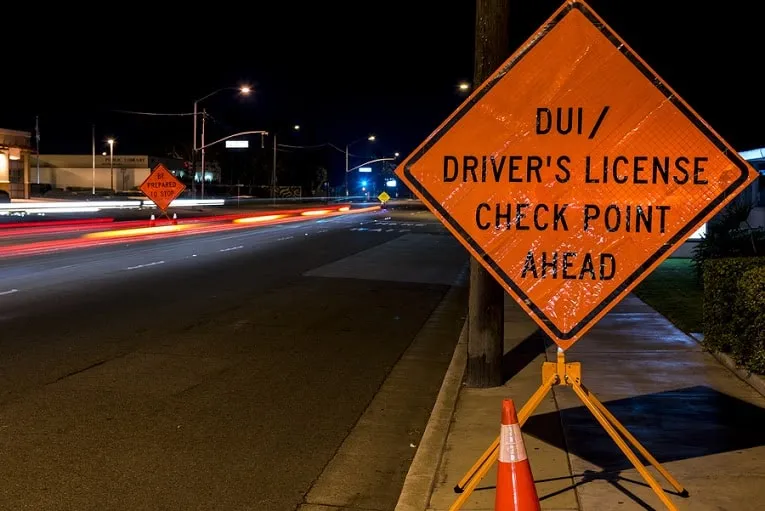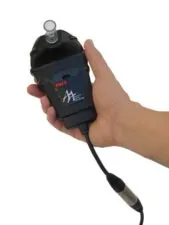 You’ve probably heard of Warren Redlich, a lawyer from South Florida who is encouraging drivers to refuse to cooperate with police at checkpoints across the United States. After putting up a Youtube video instructing people to display a sign in their window declining a checkpoint interaction, he’s received a lot of publicity about his viewpoint and his methods.
You’ve probably heard of Warren Redlich, a lawyer from South Florida who is encouraging drivers to refuse to cooperate with police at checkpoints across the United States. After putting up a Youtube video instructing people to display a sign in their window declining a checkpoint interaction, he’s received a lot of publicity about his viewpoint and his methods.
But one Op-Ed on Forbes.com wants people to know that checkpoints are a good thing for drivers on the roads today, and there is more than one reason why people shouldn’t be declining interaction at a checkpoint.
Checkpoints work
The USA has only really toughened up on drunk driving since the mid-80’s when groups like Mothers Against Drunk Driving (MADD) brought drunk driving into the spotlight. Before that time, you’d have to have a blood alcohol concentration (BAC) of .15%, even if you killed someone while driving drunk, to possibly receive a driving under the influence (DUI) conviction.
Groups like MADD helped lawmakers realize that drunk driving was a crime, and laws began to change accordingly. As laws changed, law enforcement were able to step up their patrols to stop drunk drivers, and a big part of stopping drunk drivers became checkpoints. Plain and simple, checkpoints work, and they’ve been found to lower drunk driving crashes by 9%.
 Checkpoints provide the arrest, penalties stop drunk drivers
Checkpoints provide the arrest, penalties stop drunk drivers
Random checkpoints are a great way to surprise drunk drivers, and they are one of the best ways to arrest a first time or repeat drunk driver and hold them accountable for their actions. When police are able to use checkpoints for arrests, those offenders receive license suspensions, possible jail time, and depending on the state, an ignition interlock to prevent them from driving drunk again. Ignition interlocks have been proven to reduce the likelihood that a drunk driver will drive drunk again by 67%, so between checkpoints and ignition interlocks, that’s a lot of drunk drivers taken off the roads.
The author of the Op-Ed wants lawmakers to change DUI laws so that anyone declining interaction at a checkpoint will receive an automatic punishment that’s similar to what they receive if they decline a breathalyzer. If they do, that may work to undo some of the damage done by who Relich’s promotion of his own method.

